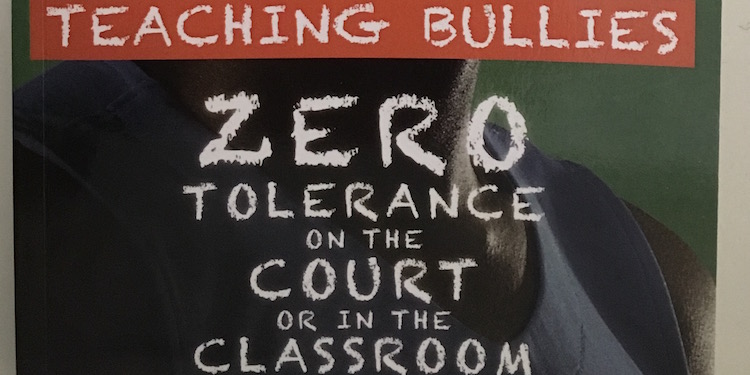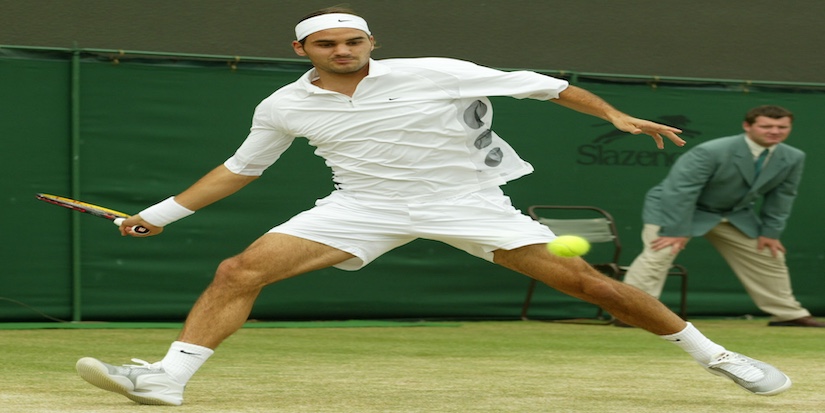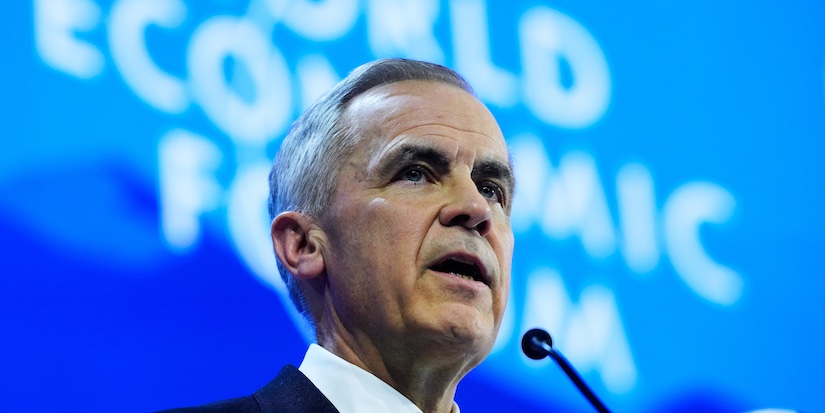Sports
Emotional abuse harms brains, on court and in class

Published 2:58 PDT, Thu May 25, 2017
We ensure athletes put pads on their shins and masks over their faces. We insist they use mouth guards to protect their teeth. But the truth is, children in sports run far greater risks than having bruised shins, broken noses or smashed teeth.
Multiple reputable studies by Harvard University and University of Ottawa researchers document, using brain scans, that emotional abuse harms brains in serious ways.
Neuroscientists have shown that what was once thought of as a badge of honour—telling a kid to pull himself together after a concussion and get back in the game—can in fact be a one-way ticket to brain damage and even premature death through suicides and fatal injuries.
Likewise, neuroscientists can now also show that emotional abuse—yelling in a player's face, humiliation, put-downs, profanities, swearing, benching as punishment, berating, shaming, blaming, threatening, frightening—has the power to harm the developing brains of children in serious and lasting ways.
However, just like with concussions, there are still those who believe that emotional abuse is simply a part of sports, normal for coaches, required for winning.
A recent, well-publicized case of emotional and physical abuse in Richmond is a classic example. Parents lodged complaints about a coach who put his hands around the necks of their children. Another coach complained about this same coach using emotional abuse: "It was personal, it was bullying, it was calling them names and using profanity."
A former athlete, who spoke up and alleged that this coach would kick and swear at players, said kids were "targeted and humiliated." Like far too many young athletes, this player stopped playing at 15, feeling forced to make a choice between his sport and abuse.
But the coach had supporters too. They said that the coach had "a strong record of developing players and teams, and won a district championship."
The supporters' statement contains some concerning assumptions: The overall assumption is that his conduct—even if tough, aggressive, domineering—was necessary for the team to succeed. The supporting assumption is that because the coach has a strong record developing athletes and winning games and even a championship, he cannot be doing any harm. This is like arguing that ice hockey coach Graham James, who was sexually abusing Theoren Fleury and Sheldon Kennedy in their early teens, was still a good coach because he won games.
This is false logic: team wins, players are good, no harm has occurred.
What's missing in this narrative is the terrible mental anguish that dogged Fleury and Kennedy for years after, nearly ruining their lives.
This is why sports clubs, coaches, parents and players need to learn about the harm of emotional abuse because like sex abuse, it does serious lasting harm, not to the body, but to the brain.
What approach should coaches take when working with youth?
Soccer coach and TEDx presenter Reed Maltbie encourages coaches to "have hope because the same thing that destroys brains also builds them."
If we choose to use our words as a means to develop warrior traits like ownership, resilience, and adaptability we can make an impact on our athletes that goes well beyond the game," he said.
Maltbie is well-versed in neuroscience and rather than burden him, it has transformed his coaching practice.
"Imagine changing lives with mere words. Not only now, but for years to come, those words could resonate with our athletes like beacons guiding their success throughout life."
Supporting this approach, Dr. Stephen Joseph at the University of Warwick in England found that verbal abuse can have more impact upon victims' self-worth than physical attacks. He discovered that name-calling and humiliation do not "toughen up" athletes. Instead, 33 per cent of verbally abused children showed significant levels of post-traumatic stress disorder.
Dr. Martin Teicher's MRI study at Harvard University revealed that students who reported being bullied had "observable abnormalities in the 'corpus callosum'" a part of the brain which is vital in visual processing and memory.
Dr. Tracy Vaillancourt at University of Ottawa found higher levels of cortisol, a stress hormone, in boys bullied by peers. Too much cortisol can damage brain structures such as the hippocampus that is involved with learning and memory.
I think we can all agree that we must develop protective measures to keep children's brains safe. It's pointless to have healthy, uninjured bodies and badly harmed brains. Even a cursory glance at the Canadian Mental Health Association statistics on today's youth should worry everyone:
• The total number of 12 to 19 year olds in Canada at risk for developing depression is 3.2 million.
• Suicide is among the leading causes of death in 15 to 24 year old Canadians
• Mental disorders in youth are ranked as the second highest hospital care expenditure in Canada.
Coaching based on neuroscience rather than opinion has the power to teach children that making mistakes and losing games are incredible opportunities to intensely train their brains for the next trial. Words of encouragement instead of humiliation will take athletic skill to heights not seen before. Lessons learned in sports can create healthy bodies and strong brains that train our youth far beyond the confines of games.





























